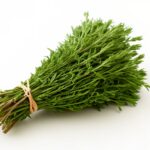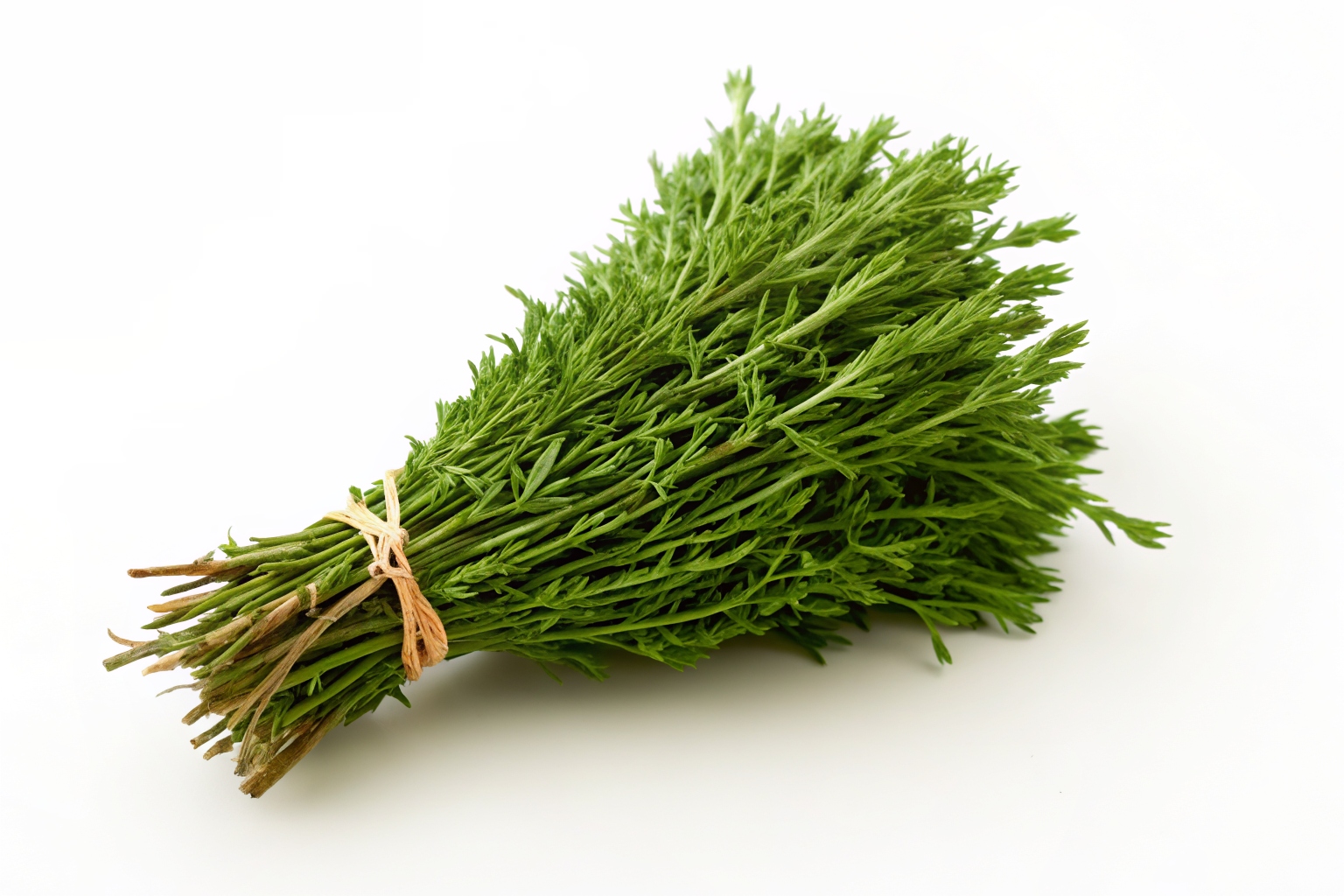ADVERTISEMENT
ADVERTISEMENT
ADVERTISEMENT
Thyme – The Most Powerful Plant You Should Be Using Daily
Thyme isn’t just a flavorful kitchen herb — it’s a time-tested medicinal plant that has been used for centuries in natural healing. Packed with antioxidants, antibacterial compounds, and essential oils, thyme may support the body in fighting off infections, reducing inflammation, and boosting immunity.
From clearing parasites to easing joint pain, thyme is truly one of the most powerful plants in nature’s pharmacy.
Health Benefits of Thyme
1. Fights Parasites & Infections
Thyme contains thymol, a natural antiseptic that helps eliminate intestinal parasites and combat infections, especially in the urinary tract and bladder.
2. Natural Antiviral & Antibacterial Agent
Used traditionally to fight flu viruses, herpes outbreaks, and Candida overgrowth, thyme is known to have potent antiviral and antifungal effects.
3. Supports Joint & Muscle Health
With its anti-inflammatory properties, thyme can be beneficial in managing arthritis, joint pain, and sciatica. Herbalists often recommend thyme tea or oil to help reduce pain and stiffness naturally.
4. Boosts the Immune System
Thyme is rich in vitamin C, vitamin A, iron, and manganese, all of which play a role in supporting immune function and reducing the risk of infection.
Nutritional & Active Components
-
Thymol – Antibacterial and antifungal
-
Carvacrol – Antiviral and anti-inflammatory
-
Rosmarinic acid – Antioxidant and anti-inflammatory
-
Vitamin C & A – Immune-boosting
-
Iron & manganese – Essential for cellular health
How to Use Thyme Medicinally
1. Thyme Tea (Infusion)
Boil 1 tsp of dried thyme or a few fresh sprigs in a cup of water. Let steep for 10 minutes. Drink 1–2 times per day for immune and respiratory support.
2. Thyme Essential Oil
Dilute a few drops in a carrier oil (like coconut or olive oil) and apply to joints or chest for relief from congestion or pain.
3. Steam Inhalation
Add thyme to boiling water, cover your head with a towel, and inhale the steam to ease sinus infections and colds.
Safety & Precautions
-
Do not use undiluted thyme essential oil on the skin or ingest it without professional guidance.
-
Avoid thyme oil during pregnancy or if you have thyroid issues without consulting a healthcare provider.
-
Allergic reactions are rare but possible — always patch test first.
Thyme in the Kitchen
Aside from its medicinal benefits, thyme is a beloved kitchen staple. Use it in:
-
Roasted vegetables and meats
-
Soups, stews, and broths
-
Herbal teas and marinades
-
Bread and savory baking recipes
ADVERTISEMENT

ADVERTISEMENT
The Most Powerful Plant You Should Be Using Daily
Description
This powerful herbal tea made from fresh or dried thyme is known for its antimicrobial, anti-inflammatory, and immune-boosting benefits. Used traditionally to help fight infections, ease digestion, and soothe respiratory issues, thyme tea is an easy and natural remedy to add to your daily routine.
Ingredients
-
1 tsp dried thyme or 1 tbsp fresh thyme (lightly crushed)
-
1 cup boiling water
-
Optional add-ins:
-
1 tsp honey (for sweetness & sore throat relief)
-
1 tsp lemon juice (for added vitamin C and flavor)
-
Instructions
-
Boil water and pour it into a mug over the thyme.
-
Cover and steep for 8–10 minutes to fully release the essential oils and flavor.
-
Strain and discard the herbs.
-
Add honey or lemon if desired.
-
Drink warm, 1–2 times per day.
Notes
-
Best used fresh: For maximum benefits, use freshly picked thyme.
-
Storage: Dried thyme should be stored in an airtight jar in a cool, dark place.
-
Caution: Do not exceed 3 cups daily. Avoid during pregnancy or with certain medications (consult a healthcare provider).
-
Can be used as a steam inhalation by adding thyme to boiling water and inhaling the steam to ease congestion.
ADVERTISEMENT

